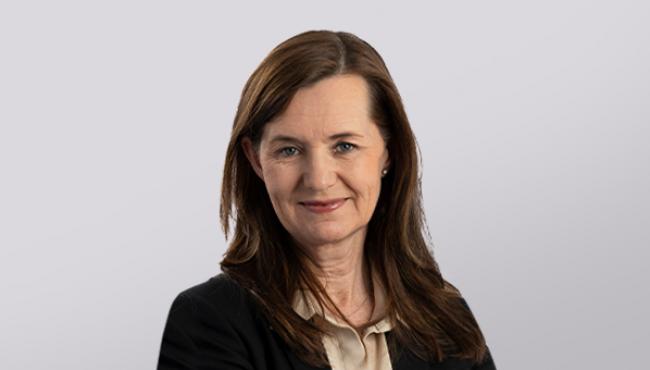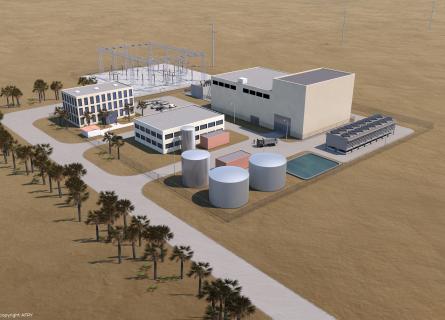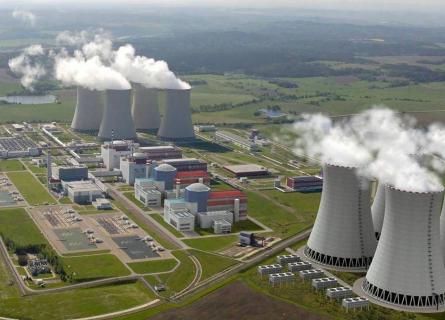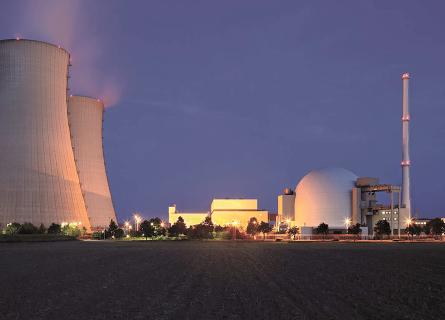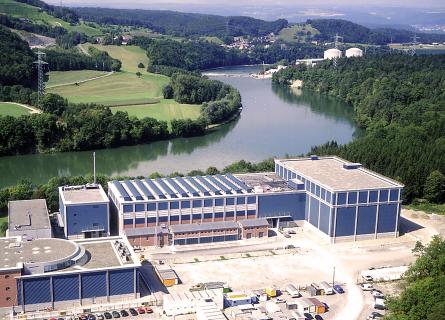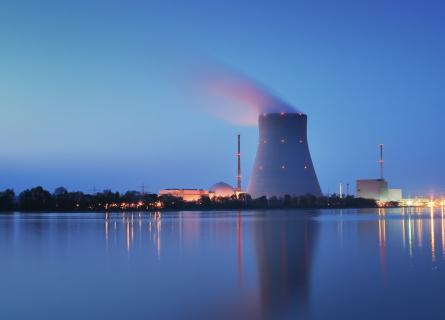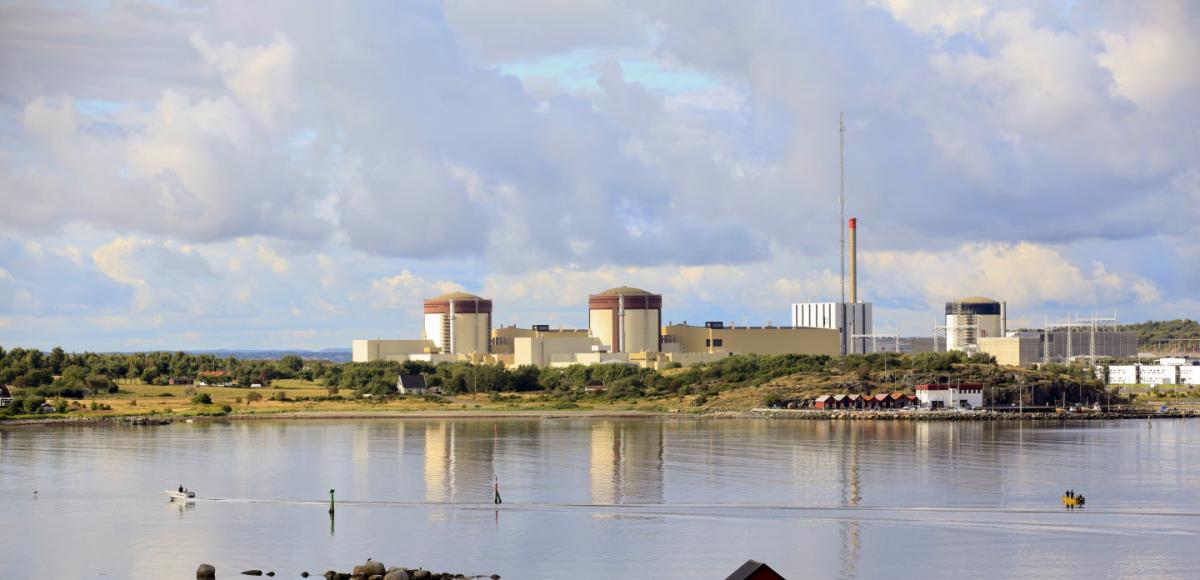
How nuclear power is part of the solution
AFRY’s Simon Wakter, technical consultant (MSc Nuclear Engineering) was invited to feature on the podcast, The Atomic Show, to discuss being ‘pro-nuclear’ in an ambivalent country.
A strong advocate for nuclear power, Simon is a board member for the Swedish Nuclear Society, which works to promote the peaceful use of nuclear technology, and is the co-founder of the Swedish Ecomodernist Association. The fundamental ecomodernist principle is that it is both possible and necessary to decouple human prosperity and wellbeing from its impact on the climate and the environment. Simon sees an important role for nuclear in achieving this. Changing the reputation of nuclear through developing a better understanding of the topic is an important step.
Simon was invited to share his views, expertise and insights on the topic in an external podcast episode of The Atomic Show. Created by Rod Adams, an atomic energy expert, the show focuses on discussions around all things nuclear. The episode touched on the discussion around nuclear in Sweden, its ‘to be or not to be’ perception and how it has been a sensitive subject for many years.
According to Novus (2019)(1), a Swedish analysis and research, 78 percent of Swedes support nuclear power and 43 percent also support building new reactors. This reflects a significant reduction in opposition to nuclear and cements a persistent increase in support of nuclear energy.

Moving in the right direction
If we are to meet the goals set by the Paris Agreement, and limit global temperature increase to well below 2°C, use of fossil energy sources such as coal and oil will need to decrease dramatically by 2050. According to the UN Intergovernmental Panel on Climate Change, fossil free electricity generation will need to increase sharply.
Some countries have almost completely phased out fossil fuels from their electricity generation. Sweden and France accomplished this already in the 1970’s and 80’s through the expanded use of nuclear energy(2). In the Canadian province of Ontario, refurbishment of existing nuclear power plants enabled the complete phase out of coal from 2003 to 2014. In 1990, the share of fossil fuels in electricity production was approximately 63 percent, says Simon Wakter.
Similar to Sweden and France, countries like the UK are now quickly decreasing the carbon footprint of their electricity production by phasing out coal from their electricity production through increased renewables energy production, while also keeping nuclear power plants and investing in new ones.
While nuclear energy has increased since 1990, it has been accompanied by a much larger increase in the use of fossil fuels for electricity. Thankfully, renewable energy production has also increased. Despite the increase in both nuclear energy and renewables, the share of fossil fuels in electricity production was still 63 percent in 2019(3).
On the podcast, Simon describes the rapid growth of countries which are working hard, using all of their resourcefulness to improve their standards of living. To help solve this problem, Simon thinks we should look to the countries that have already decreased their dependency on fossil fuels.

“We must enable other countries not to repeat the mistakes that we have already made, the burning of fossil fuels, for example”
Today, Simon works as a technical consultant within nuclear safety and licensing at AFRY. In one of the projects he is working on AFRY provides consultancy services in order to extend the operation of Swedish nuclear reactors. The project will allow the reactors to continue operating, providing clean and fossil free electricity for several decades.
AFRY is continuously working to help clients, new and existing, to reach their sustainability potential, and together “making future”.
References:
- Novus (2019)
- a.http://folk.uio.no/roberan/img/GCB2018/PNG/ctry/s20_Coal_Oil_Gas_Cement_FRA.png
b.http://folk.uio.no/roberan/img/GCB2018/PNG/ctry/s22_EnergyLines_FRA_EJ.png
c.http://folk.uio.no/roberan/img/GCB2018/PNG/ctry/s20_Coal_Oil_Gas_Cement_SWE.png
d.http://folk.uio.no/roberan/img/GCB2018/PNG/ctry/s22_EnergyLines_SWE_EJ.png - a.https://www.iea.org/data-and-statistics?country=WORLD&fuel=Electricity%20and%20heat&indicator=Share%20of%20renewables%2C%20low- carbon%20sources%20and%20fossil%20fuels%20in%20power%20generation
b. https://ourworldindata.org/fossil-fuels#fossil-fuels-in-electricity
